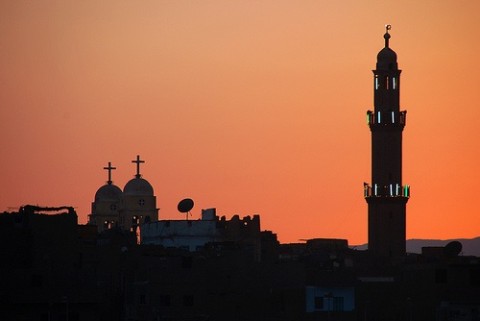Tackling intolerance: Muslims and the West

Are Americans becoming—as Time magazine (August 30) suggests—Islamophobic? According to one recent poll, 46 percent of us believe that Islam is more likely than other faiths to inspire violence against nonbelievers, and 34 percent of us don't want a mosque in our neighborhood. According to an August 19 Washington Post poll, 30 percent of conservative Republicans who dislike Obama claim that he is a Muslim. (A Time poll put it at 46 percent.) Is "Muslim" the new political slur?
I travel to the Middle East at least once each year, often visiting multiple countries. I belong to an evangelical-Muslim discussion group which meets annually, and the participants include pious, brilliant, generous Muslim scholars whom I count as my friends. When a topic like "Islamophobic America" comes up, I share intense personal e-mails with them.
But I came away from my trip to the Middle East this past summer with some new concerns. In August I spoke to a group of Muslim university students who wanted to talk about Islam and the West. Some were progressive and thoughtful, others less so. A dialogue between two young men ran like this:




